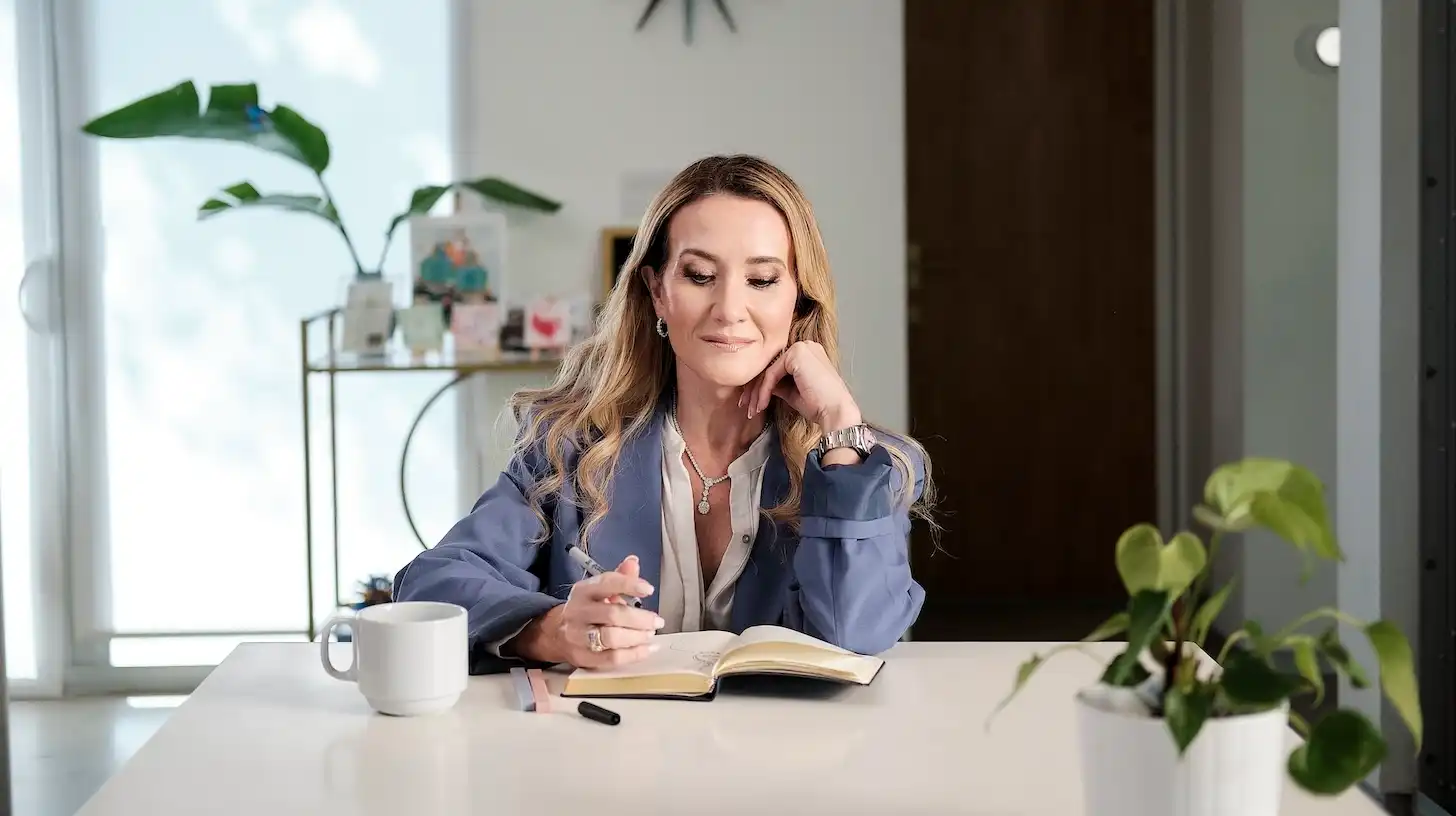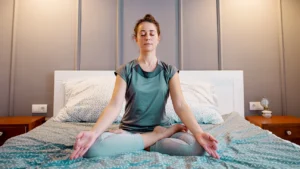Many people have trouble falling asleep because their minds are so busy with everything going on in their lives. Your brain may be awake when it should be resting, whether it’s racing, stressed from work or home, or sitting in front of a computer for hours. Numerous studies have shown that calming techniques can help you wind down and prepare your body for a good night’s sleep.
The first step to improving your sleep habits is to understand the relationship between rest and sleep. In this article, we’ll explore how rest affects our bodies and provide practical, scientifically proven methods for winding down before bed.
How the Nervous System Helps You RelaxThe sympathetic nervous system is responsible for your fight-or-flight response, while the parasympathetic nervous system is responsible for your rest-and-digest response. When you’re worried or stressed, your sympathetic nervous system goes into overdrive, releasing cortisol and adrenaline, which keeps you awake and ready for action.
In order to fall asleep, the parasympathetic nervous system must be activated. This change slows your breathing, lowers your blood pressure, and calms your heart rate. These are the changes you need to fall asleep and stay asleep. It is important to do something before bed to help your body adjust to this change.
Why it is hard to fall asleep when your brain is busy
Your brain does not have an off switch, but it responds to what is happening around it and to your behavior. While you are checking your emails, watching a fun TV show, or scrolling through your social media in the evening, your brain is still thinking and solving problems. This mental activity keeps you awake and alert.
Anxiety and stress can also cause your brain to become overactive. Cortisol levels can rise when you think back to something that happened in the past or when you are worried about what you have to do tomorrow. This can make it difficult to fall asleep. That’s why quieting your mind before bed doesn’t just help you relax; it changes the way your brain works.
The Science Behind Relaxation
Relaxation techniques have been shown to lower blood pressure, slow your heart rate, and relieve muscle tension. These changes prepare your body for rest. These techniques can gradually teach your brain and body that sleep is a peaceful, restful time.
Some of the best methods include guided imagery, mindfulness meditation, breathing exercises, and progressive muscle relaxation. Research shows that these techniques, even if they only take a few minutes, can reduce your stress and help you sleep better.
How to Slow Your Mind with Breathing
Controlling your breathing is one of the simplest and most effective ways to calm yourself. When you breathe deeply and rhythmically, you activate the vagus nerve, which plays a key role in activating the parasympathetic nervous system. The 4-7-8 breathing technique is a common method: breathe in for four seconds, hold for seven seconds, and then exhale slowly for eight seconds. This can help you feel calmer in the short term.
Another method is to breathe from your belly, also known as “abdominal breathing.” To do this, you need to expand your abdominal muscles as you inhale and contract them as you exhale. This allows all the air to enter your body and signals to your body that it is time to relax.
Meditation and Mindfulness
Mindfulness meditation can help you pay attention to your thoughts without judging them. This allows you to stop dwelling on them and reduce anxiety. You can turn off the noise in your head that keeps you awake by focusing on your breathing, body sensations, or a relaxing image.
Research shows that people who practice mindfulness daily experience less stress and sleep better. Mindfulness meditation does not have to take hours. Just ten minutes before bed can help you relax and clear your mind.
Progressive Muscle Relaxation
This method starts at your toes and works its way up to your head, tensing and relaxing each muscle group in your body. By consciously relaxing each part of your body, you can release tension and become more aware of where you may be holding stress. It can help people who experience the most tension in their neck, shoulders or back.
Guided Imagery and Visualization
Guided imagery involves imagining a peaceful place, such as a beach, a forest or a cozy house in the woods. Using your imagination, you can help relieve stressful
When you do this through relaxing activities like reading, breathing, or stretching, your brain knows when it’s time to turn off.
You can also relax by avoiding stimulants like smoking, coffee, and media for at least an hour before bed. Dim the lights, turn down the noise, and do something that makes you feel better. Your body will gradually learn that these habits mean it’s time to go to bed.
Bottom Line: Rest Through Relaxation
Relaxation isn’t just fun; it’s scientifically proven to help you sleep better. When your mind is constantly racing, you stay awake, which goes against your body’s normal sleep habits. Learning to relax can give your rest and digestion systems a boost. Incorporating relaxation techniques into your evening routine can help you sleep better and feel better.
You may have to try several methods to find what works best for you. But with persistence and patience, you’ll naturally become calmer and sleep better at night.




